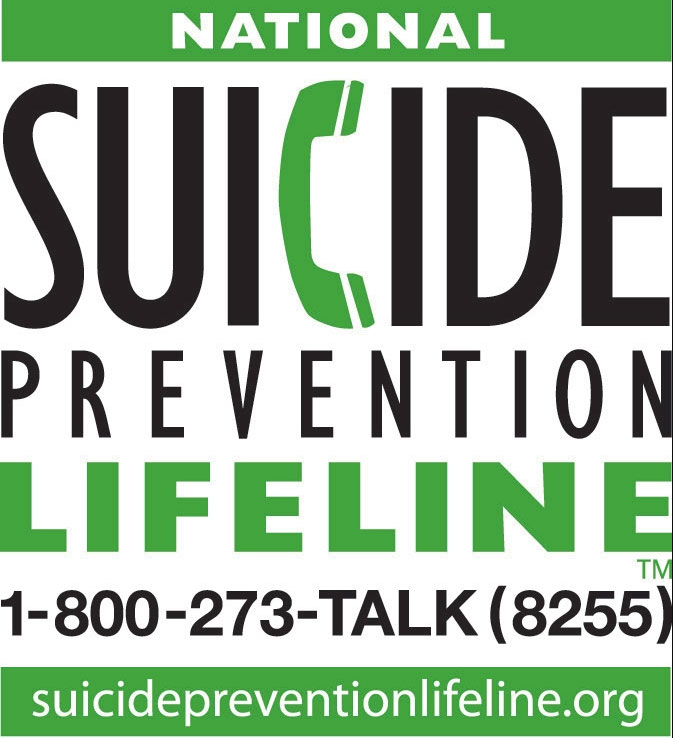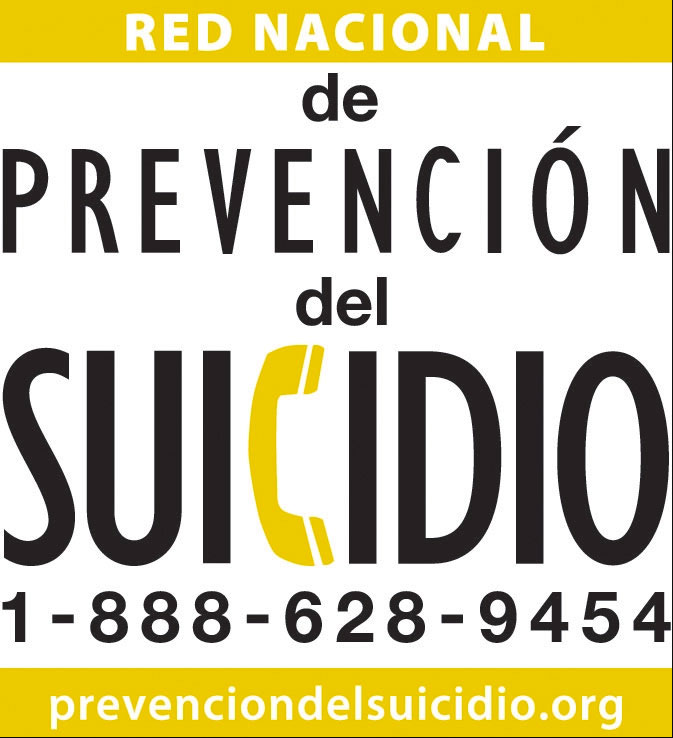LGBTQ+
Depression is a serious and common medical illness that can interfere with a person’s everyday life. According to the National Institute of Mental Health, 15.7M adults and 2.8M adolescents suffer from depression. It is estimated that the LGBTQIA community suffers from depression almost 3 times more than their heterosexual peers.
Research suggests that LGBTQIA individuals face health disparities linked to societal stigma, discrimination and denial of their civil and human rights. Isolation from family and peers, history of mental health issues, substance use disorders and victimization are all risk factors for developing depression in the LGBTQIA community.
Facts about Mental Health and the LGBTQIA Community
- The National Alliance for the Mentally Ill reports that LGBTQIA individuals have a higher risk for suicidal thoughts and suicide attempts than the general public.
- Teens in high school who identify as LGBTQIA are almost 5 times more likely to attempt suicide compared to heterosexual peers.
- 48% of all transgender adults report that they have considered suicide in the past 12 months, compared to 4% of the overall US population.
- Even among adults with mental illness, LGBTQIA adults may experience more serious symptoms. Among LGBTQIA adults living with mental illness, 13 percent had a serious mental illness that substantially interfered with major life activities. The same was true for only 4 percent of heterosexual adults living with mental illness.
Signs to Be Aware of
- Feelings of sadness, emptiness
- Anger outbursts, irritability
- Loss of interest in once enjoyable activities
- Changes in sleep and appetite patterns
- Lack of energy, fatigue
- Anxiety, restlessness
- Sense of worthlessness
- Trouble thinking, concentrating, making decisions and remembering things
- Frequent or recurrent thoughts of death, suicidal thoughts or suicide attempts
Treatment Options
Early intervention and comprehensive treatment are important for LGBTQIA individuals in learning how to live well with a mental health condition. But many people in this community struggle in silence and, as a result, face worse health outcomes. There are many treatment options available, including:
Psychotherapy/Talk Therapy
Psychotherapy can help eliminate or control troubling symptoms so a person can function better and can increase well-being and healing. Psychotherapy can be provided by a number of different types of professionals including psychologists, licensed social workers, licensed professional counselors, licensed marriage and family therapists and others with specialized training in psychotherapy.
Psychoeducation and Support Groups
Psychoeducation involves teaching individuals about their illness, how to treat it and how to recognize signs of relapse. Support groups, meanwhile, provide participants an opportunity to share experiences and coping strategies.
Medication
For some people, antidepressant medications may help reduce or control symptoms. Medications can be prescribed by your primary care physician, a psychiatrist, or nurse practitioner.
Choosing a Provider
When seeking services, it's important to find a provider that you feel comfortable with and that will understand the connection between your sexual orientation and your mental health. Prior to an appointment, reach out to the provider and ask about their experience with LGBTQIA issues.
For Immediate Assistance
National Suicide Prevention Lifeline: 1-800-273-TALK (8255)
The Trevor Project Crisis line: 1-866-488-7386
LGBTQIA Local and National Resources
There are many local and national organizations that focus on serving the LGBTQ community. These organizations provide confidential, non-judgmental health services and support the wellness and building of the community.
Memphis and the Mid-South Resources
- Out Memphis
- Friends for Life Memphis
- Memphis Choices: LGBTQ+ Health Services
- Memphis Travel: LGBTQ
- Focus Magazine
- Planned Parenthood: LGBT Services
National Resources



